Study: Assisted driving tech increases anti-social road behaviour
By DPA | 22 January 2024
PITTSBURGH: Park assist, automatic distance control, pre-crash warnings: Driver assistance systems are above all designed to increase road safety, and yet new research suggests an over-reliance on digital aids could be leading people to drive more recklessly.
Scientists at Carnegie Mellon University in the United States say the move to machine-aided driving appears not only to be adding to behind-the-wheel tensions, but could be making people even less cooperative in traffic.
“Some driver assistance systems may undermine social norms that promote safe driving,” the team found, in research published by the Proceedings of the National Academy of Sciences.
The CMU team set up experiments involving 300 people, who were made to play a game of chicken, in which they had to reach the opposite end of the track within 30 seconds without colliding with their partner’s vehicle.
Participants in an auto-steering group “drove recklessly, increasing their speed and barely avoiding collisions at the last minute”, the researchers found, noting a contrast to other participants who reduced their speed, engaged in turn-taking and communicated with their partners.
Although self-driving or assisted-driving technology shows promise for “reducing accidents due to human error,” it at the same time appears to “erode human cooperation, especially when social decision-making is delegated to machines.”
Tags
Autos News
Reviews

8.8
smart #1 (Premium): Agile, engaging, roomy, premium motoring
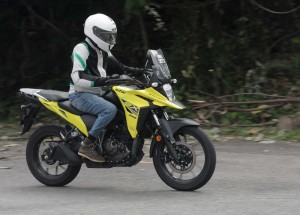
6.6
Suzuki V-Strom 250 SX: Multi terrain warrior
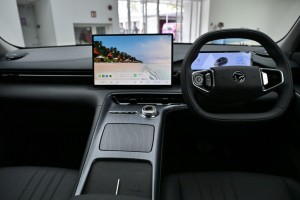
Proton e.MAS 7 impresses in quick dynamic driving exercises
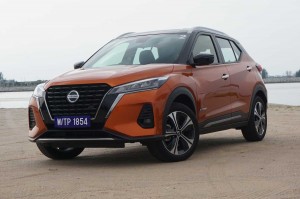
Nissan Kicks e-Power: Kicking off a new efficiency
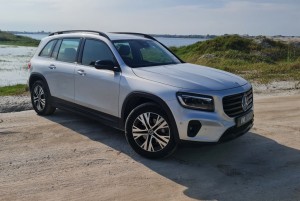
6.8
Mercedes-Benz GLB 200: Measured versatility
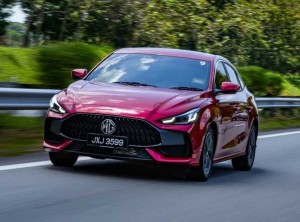
MG5: Slick and comfortable cruiser
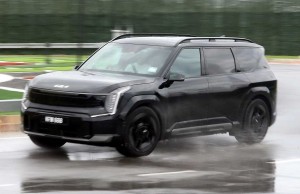
8.2
Kia EV9: Prime cut

8.0
Triumph Tiger 1200 GT Pro: High adventure on two wheels
Videos

The Snowball – Lamborghini’s Heartwarming Christmas Story of...

EVOGO battery swapping solution showcased at IAA Mobility 20...

Jaguar's Bold Type 00 Concept: A Glimpse into the Future of ...
